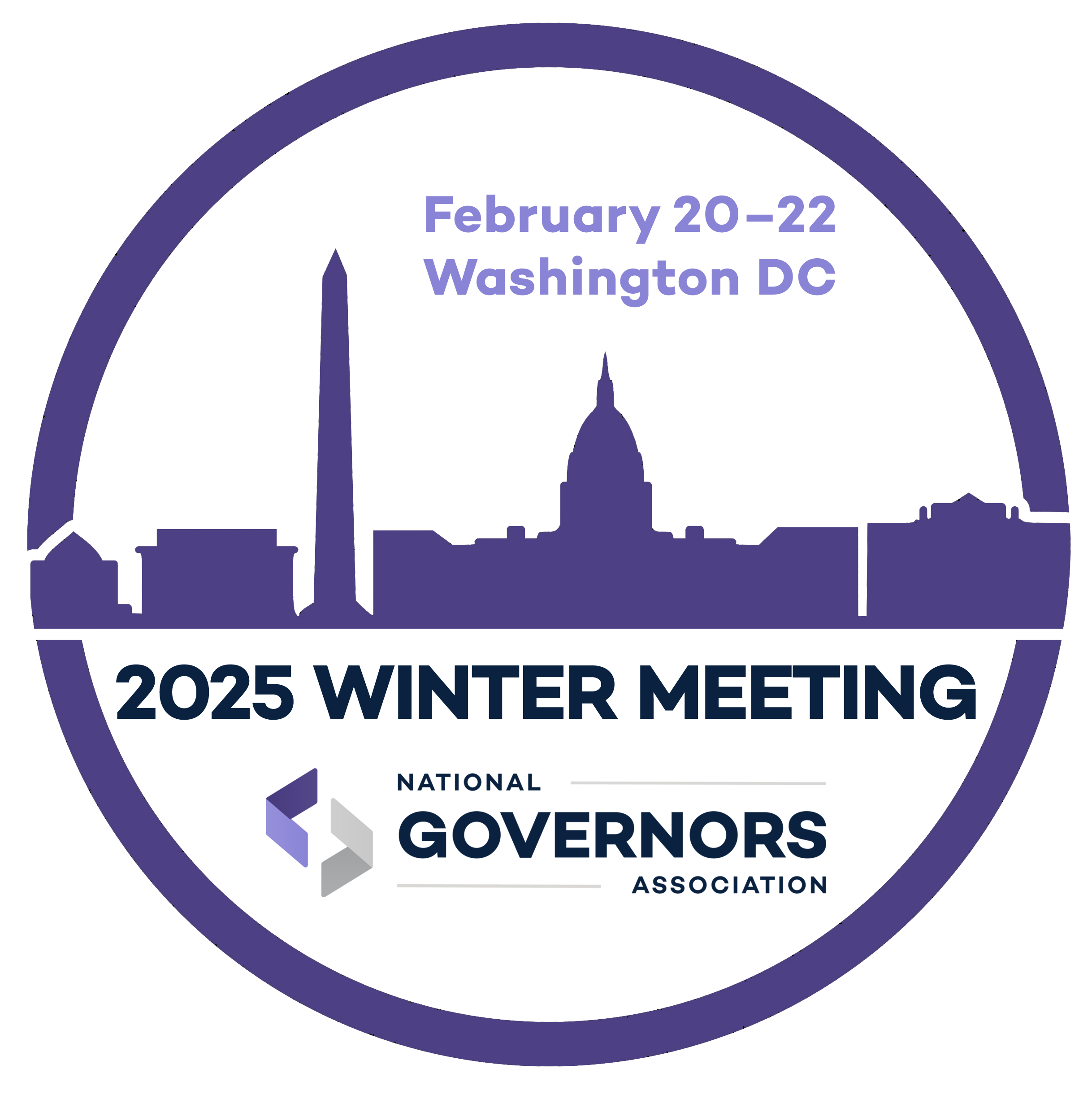The Honorable Bob Goodlatte
Chairman
Committee on the Judiciary
United States House of Representatives
2138 Rayburn House Office Building
Washington, D.C. 20515
The Honorable John Conyers
Ranking Member
Committee on the Judiciary
United States House of Representatives
2138 Rayburn House Office Building
Washington, D.C. 20515
Dear Chairman Goodlatte and Ranking Member Conyers:
We write on behalf of our nation’s state and local governments to express our appreciation for your efforts to develop principles and draft legislation that will finally solve the issue of remote sales tax collection.
As representatives of state and local government, which rely heavily on sales taxes to fund vital programs and services, we agree with your assessment that the remote sales tax issue is not about enacting new taxes, rather, it is an issue about collecting taxes that are already owed. Our nation’s main street retailers provide employment to our citizens, contribute to our charities, and help to keep our communities vibrant. It is inherently unfair that they must collect sales taxes while their online competitors do not.
As you are aware, the inability of states to require remote sellers to collect the legally imposed taxes on transactions resulted in an estimated $23 billion loss of revenue for states and local governments in 2012; an amount that continues to increase with the growth of online sales. This erosion of the sales tax base will require state and local governments to take other steps to ensure balanced budgets, potentially placing further pressure on local businesses and slowing our economic recovery.
In 1992, the Supreme Court’s Quill decision urged Congress to address the issue of sales tax collection by remote sellers. State and local governments responded by working with businesses to craft the Streamlined Sales Tax and Use Agreement, a volunteer system designed to exchange tax simplification for collections. States have also enacted affiliate nexus laws to address the issue. In fact, the recent decision by the Supreme Court to not consider the challenge brought in New York v. Amazon has magnified the fact that a national solution is only possible if Congress acts.
Following Senate passage of the Marketplace Fairness Act last year, several states made plans to use their increased collections to reduce sales and income tax rates or to pay for investments in critical services such as highway and infrastructure improvements. These commitments, however, are dependent on the enactment of legislation this year.
With Senate passage of the Marketplace Fairness Act and the introduction of your legislative principles, Congress has a clear path to move forward with legislation that will level the playing field for all sellers, increase competition for consumers and strengthen the sales tax base for state and local governments. We stand ready to work with you, your staff, and members of the House Judiciary Committee to advance legislation this Congress that would allow states that enact certain simplifications the authority to require remote sellers to collect and remit sales taxes.
Sincerely,
Dan Crippen
Executive Director
National Governors Association
William T. Pound
Executive Director
National Conference of State Legislatures
David Adkins
Executive Director
The Council of State Governments
Matthew D. Chase
Executive Director
National Association of Counties
Clarence Anthony
CEO and Executive Director
National League of Cities
Tom Cochran
CEO and Executive Director
The U.S. Conference of Mayors
Robert J. O’Neill, Jr.
Executive Director
International City/County Management Association













